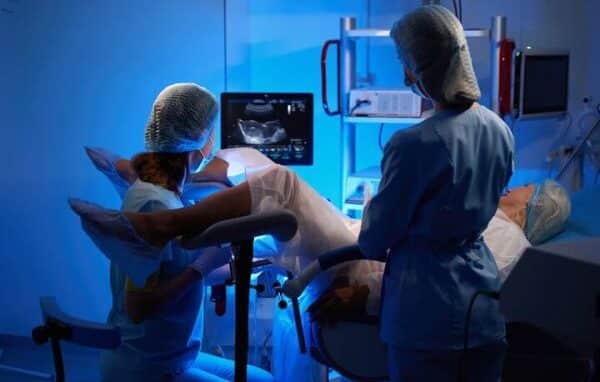A team from Kumamoto University has discovered a new mechanism that could revolutionize infertility treatment by promoting embryo implantation. The discovery focuses on prostaglandin (PG) receptors in the uterus that enhance the crucial process of decidualization necessary for a successful pregnancy. This finding opens the door to the development of new fertility treatments that target these receptors.
Prostaglandins and Fertility
Prostaglandins are bioactive lipids known for their role in the body’s response to injury by causing fever and pain, but they are also crucial in reproductive processes such as childbirth. Prostaglandin E2 (PGE2) has been shown to positively influence various stages of female fertility. Prostaglandin E2 (PGE2) has been shown to play an important role in the ovulatory cascade, including meiotic maturation, cumulus cell expansion, and follicle rupture, by inducing ovulatory genes such as Areg, Ereg, Has2, and Tnfaip6 and increasing intracellular cAMP levels. PGE2 maintains luteal function for embryo development and early implantation. Therefore, PGE2 should be considered when optimizing reproduction in infertile women.
However, until now, the exact role of prostaglandins in embryo implantation was unclear. One of the most important steps in the establishment of pregnancy is the implantation of the embryo into the uterine wall. A research team led by Professor Yukihiko Sugimoto and Assistant Professor Tomoaki Inazumi found that two types of prostaglandins – PGD2 and PGE2 – produced in the uterus during the early stages of pregnancy activate specific receptors, DP and EP4, to promote the formation of decidual tissue that supports embryo implantation. The team discovered that when either the DP or EP4 receptor is stimulated, decidualization is enhanced, allowing the embryo to implant better. This suggests that both the PGD2-DP and PGE2-EP4 receptor pathways compensate for each other’s function.
This groundbreaking discovery suggests that boosting these pathways with specialized drugs, called DP/EP4 agonists, could help women struggling with infertility due to implantation issues. According to Professor Sugimoto, head of the research team at the Faculty of Life Sciences at Kumamoto University, this approach could offer new possibilities for fertility treatments and give hope to couples struggling with implantation problems . This novel understanding of how prostaglandin receptors support implantation paves the way for innovative fertility treatments and could revolutionize reproductive medicine by improving the chances of pregnancy for many people.





